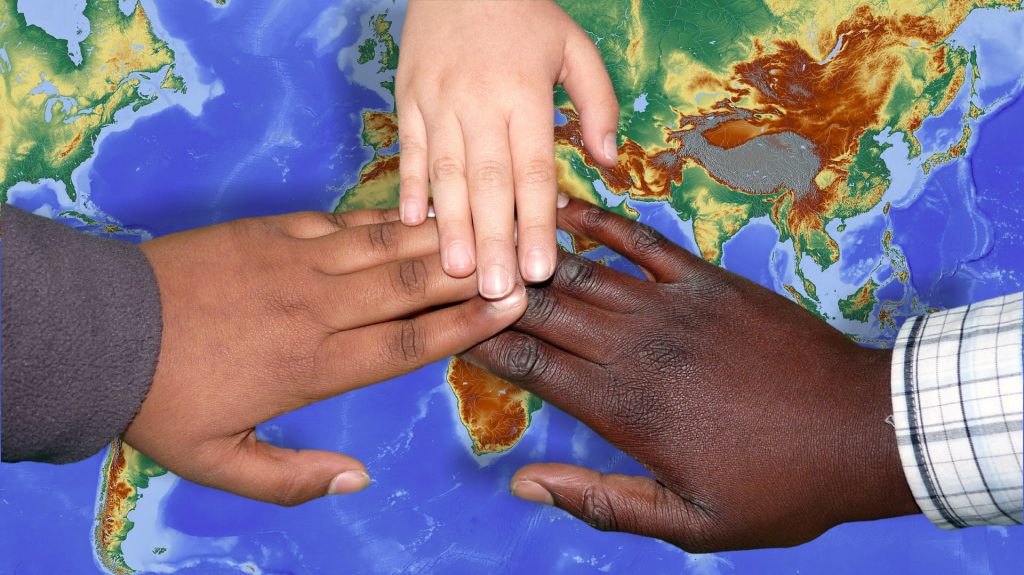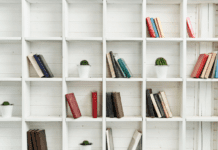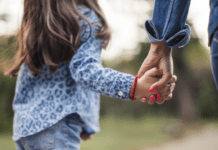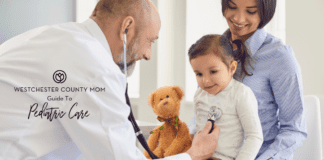 Years ago, as a young mother and educator, I started writing a parenting book, which was far more audacious than I understood at the time. The book was tentatively titled A Recipe for Heroes: What Holocaust Rescuers Can Teach Us About Raising Children To Be Courageous and Compassionate.
Years ago, as a young mother and educator, I started writing a parenting book, which was far more audacious than I understood at the time. The book was tentatively titled A Recipe for Heroes: What Holocaust Rescuers Can Teach Us About Raising Children To Be Courageous and Compassionate.
I’m grateful I never finished. The years have humbled me, and it is now embarrassingly evident to me how much was wrong with that title. Very few are heroes, and there are no recipes in parenting.
Still, the research on Holocaust rescuers feels more relevant today than ever. As parents and educators globally engage in soul-searching on ways to more sensitively and substantively teach and model anti-racism and anti-bias, we might find powerful inspiration and insight from the experiences of those who prepared their children to stand against Nazism, seeking to save Jews during the Holocaust.
The initial project to learn about the early experiences of those who grew to become Holocaust rescuers was born out of my quest to create a highly effective anti-bullying program. At the time, I was a first-year Assistant Principal and the parent of a young toddler.
In one week, three mothers of third grade girls appeared in my office in tears, describing bullying suffered by their daughters. Neither the principal, the teachers, nor I had been aware of any of it. The bullying, cruel and significant as it was, happened quietly when adults turned their backs and were out of earshot. It was my very first experience as a school administrator of how devastating our blind spots and lack of awareness can be.
I committed to understanding the bullying that was occurring in my school and to doing all I could to combat it. In my search for compelling anti-bullying approaches, I chanced upon research about Holocaust rescuers. I was transformed.
Representing only about one half of one percent of the population of the Nazi-occupied world, Holocaust rescuers differed little in most discernible ways from their neighbors who did not try to rescue Jews. It took qualitative research, delving deeply into their life experiences, to find what might be the secret to the courageous choices they made.
The majority of Holocaust rescuers benefitted during their early childhood years from a caregiver, typically a parent, who instilled a small number of habits and perspectives related to helping others regardless of their background. This included:
Demonstrating Care: Being responsive to the needs of others and actively helping, not only family and friends but anyone in need of help.
Being Inclusive: Treating all people as equal, without regard for social status or ethnicity, developing connections to diverse people and groups.
Showing Empathy: Recognizing the emotions of others, and especially showing empathy for the pain of others.
Accepting Responsibility: Acting upon a sense of responsibility to do what one can to make a positive impact.
The findings prompted so many questions. Was it possible, not only to effectively address bullying in the present but also to set a foundation for children to act with courageous compassion in facing oppression and persecution throughout their lives? Could we actively adopt the modeling and teaching of parents and caregivers of individuals who grew up to rescue Jews during the Holocaust?
Today, in my commitment to implement effective anti-racist and anti-bias learning at my own childcare center and preschool, the questions that motivated younger me have returned. While I am actively looking to contemporary research and approaches, I am simultaneously drawn back to the learning that launched my life-long commitment to character and values-based learning so many years ago.




















